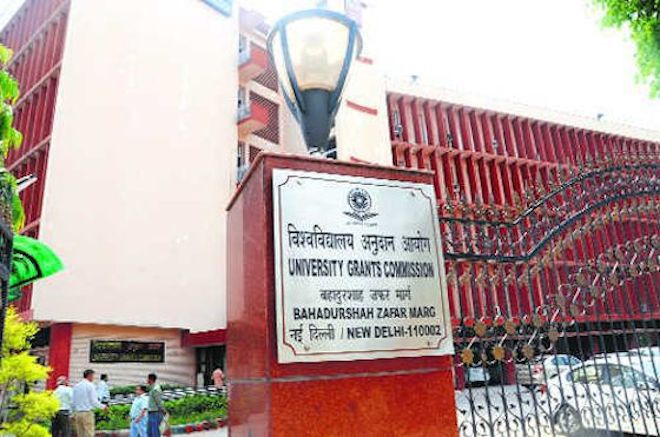THE University Grants Commission (UGC) has once again issued a directive prohibiting the sale of unhealthy food in educational institutions, a move reflecting concern over the alarming rise in obesity and lifestyle diseases in the country. It had earlier notified advisories on similar subjects in 2016 and 2018. While the intention is commendable, the approach could be more nuanced. Simply banning junk food may not address the root cause effectively, as the definition of ‘junk food’ is vast, and culturally significant items like samosas, pakoras, bhaturas and chaat are also considered unhealthy.
Instead, educational institutions should focus on promoting informed choices. College canteens should offer balanced menus with a variety of healthy options, such as fruits, vegetables, whole grains and lean proteins. Providing healthier versions of popular items, like baked samosas or whole wheat pizzas, can cater to traditional tastes while promoting better health. Moreover, healthy food and drinks should be mandatorily available, ensuring that students have access to nutritious alternatives. Highlighting the adverse impact of junk food alongside the benefits of healthier options could foster a culture of awareness and conscious eating. Memories of college canteens are intertwined with the enjoyment of such foods, and an outright ban might drive students to seek these items from vendors outside the campus, failing the purpose of the directive.
This approach should be integrated into the broader educational framework, starting from schools and extending to homes. Encouraging habits like reading food labels and understanding nutritional content can have a lasting impact. Integrating nutrition and health education into the curriculum can solidify these lessons, promoting long-term benefits. It will create an environment that not only restricts unhealthy food but also actively promotes a culture of health and wellbeing among students, as also their families and society at large.









